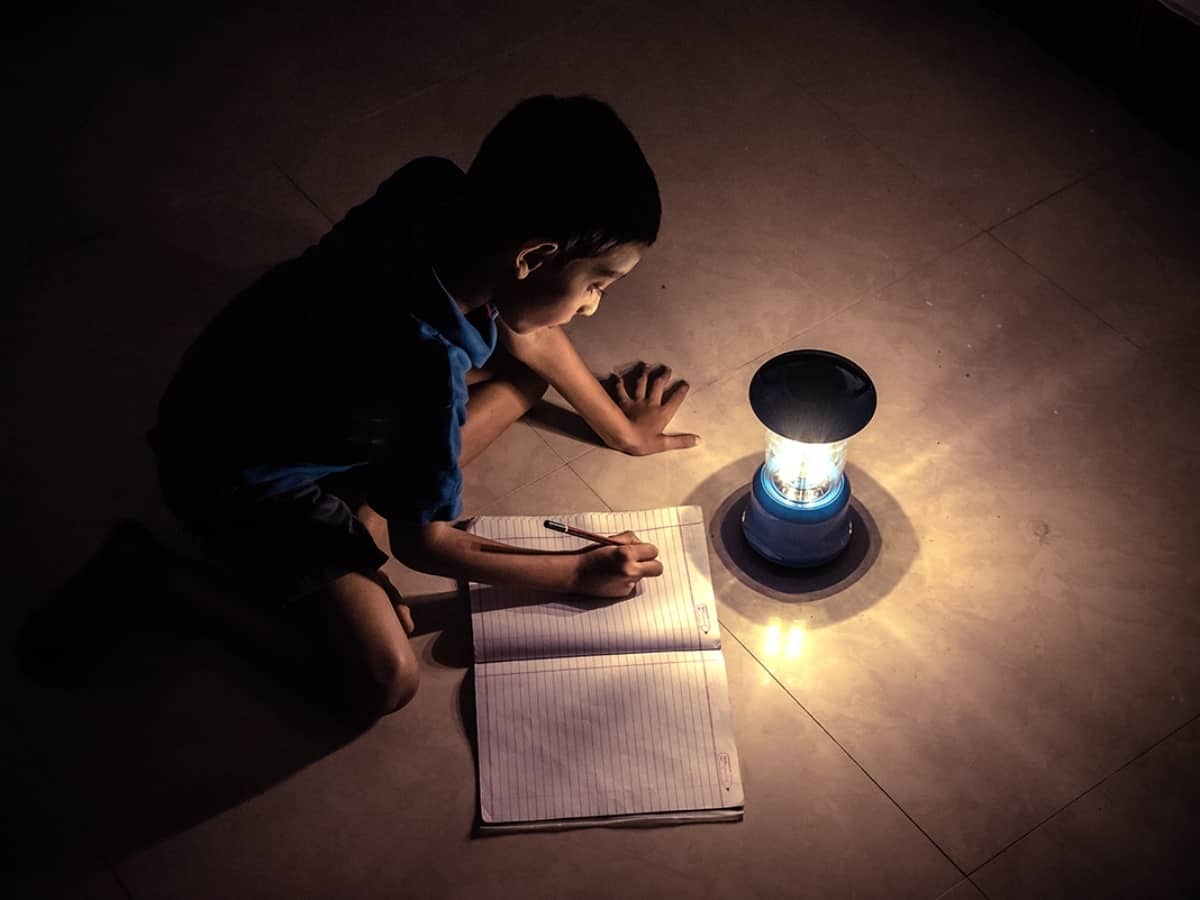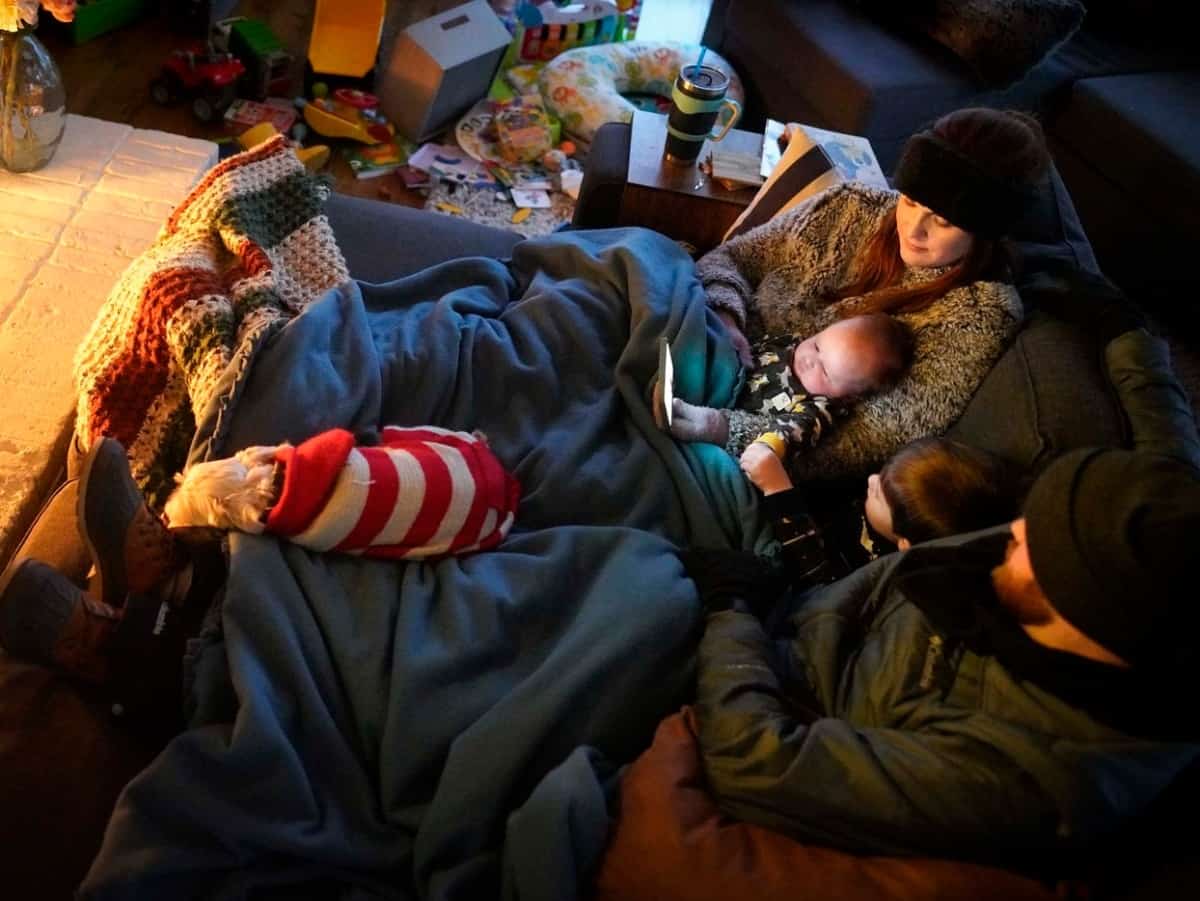A power outage could be especially troublesome when it lasts for more than a couple of hours. Your HVAC system will not work without power. And some items might perish. Fortunately, your homeowners policy might provide insurance coverage for power outage losses.
A standard homeowners insurance policy usually protects against a variety of commonly occurring perils. Those could include things like internal flooding, fire, and gas leaks. But additional riders might be needed to fully protect your home against other perils, like wind and hail damage.
Insurance coverage for power outage losses might be part of your homeowners policy. Or it might be an uncovered peril that you need to address by adding a special rider. You can review your policy with your agent and determine if you have insurance protection or not.
How Power Outages Could Cause Losses
If the power outage lasts for an extended period, you could incur high costs. Those costs could include evacuating your home to stay in a hotel during an outage. The cost of lodging, meals, and fuel costs to go to and from your home during the outage could count toward financial losses.
You might have valuable items in your home. A power outage could trigger looting that would endanger your valuables. You might choose to rent a storage unit to store your valuables while an extended power outage affects your home.
The losses caused by power outages are not always direct losses. The cost of lodging, meals, and other related costs could add to the financial damage incurred by the outage.
Potential Damages from Power Outages
Most homeowners policies provide some level of insurance coverage for power outage losses. That is because power outages could cause common damage inside a home. The more extreme the outdoor weather, the more likely your home would suffer some type of insured damage.
Very cold winter weather might cause extensive freezing that damages pipes and appliances inside your home. Extremely hot weather could lead to food spoilage and other losses that could become costly.
Many homeowners insurance policies might cover the damage up to policy limits. But others might require you to have a special added coverage called a rider. A rider might protect you against the losses caused by a power outage.
The following gives you a closer look at some of the more common losses experienced during power outages. It also helps you to know how your homeowners insurance might handle it.
Spoiled Food
Homeowners insurance commonly covers the costs of spoiled food due to power outages. Insurers understand that many homeowners keep a good supply of food in their refrigerators and freezers.
Food that could rot or spoil during a power outage can be very costly. The cost of meat has risen significantly in recent years. Your freezer might be full of quality cuts of beef, pork, or other foods that could spoil during a power outage. That could cost a lot to replace.
Your homeowners insurance policy might give you a small sum that helps to cover the costs of replacing your food supplies. Many have a limit of about $500, but policy limits vary.

Frozen Pipes
Insurance coverage for power outage losses often includes damage from frozen pipes. Power outages often happen during winter storms. Given the nature of blizzards and other storms, bad winter weather could last for several days. It also might take a couple of days to dig out and get power back to your home.
While that power is out, your home could lose its heating system. If the weather is especially cold, your pipes might freeze and burst. Burst pipes could cause a lot of damage – including indoor flooding. It also might trigger the onset of mold and mildew.
The cost to fix burst pipes and water damage could be very high. So most homeowners insurance policies cover such damage. But you need to keep your pipes in good condition.
An insurer might say your pipes were in bad shape and that caused them to burst. If so, the insurer could deny your claim for damages.
Damaged Electronic Items
Most people have quality electronics in their homes. Audio and video systems can be very expensive. Computer systems and home offices also cost a good amount of money. Many appliances require electricity.
A lightning strike might cause a power outage. It also might damage one or more electronic items. Your homeowners insurance policy could cover the costs of replacing them when lightning damages them.
When a power outage occurs, electronic equipment also might be vulnerable to electrical surges. If your home loses power and it suddenly returns, electronics could suffer harm. A power surge often happens when a utility company makes repairs and sends power back through the system.
A power surge that occurs when the power is turned back on might not merit insurance coverage. An insurer might say you should have unplugged them or used a surge protector. Other insurers might require you to purchase a rider that covers damage to electrical items.
Temporary Lodging Costs
You might need to relocate temporarily during a power outage. The outage might knock out your heating system during a cold winter freeze. An outage might knock out your air conditioning during a summertime heatwave.
Your homeowners insurance protection might include coverage for temporary lodging. An extended power outage that renders your HVAC system inoperable for an extended period might qualify for coverage.
You also might choose to rent a power generator or buy one. Your policy might cover some or all of the cost to lease or buy a generator, plus the fuel to run it. Many home insurers offer a variety of standard and added insurance coverages that could help to reimburse your losses.

How Insurance Coverage for Power Losses Works
When losses occur due to power outages, your insurer will need you to file a claim. Your homeowners policy will need to cover such losses for the insurer to approve a claim for damages.
In the case of food spoilage, you can take a photo of the food in the refrigerator and freezer. You can write down the types of food that are spoiled and estimate its cost. It helps to provide receipts for costly items, such as some seafood or cuts of steak.
You need to describe the general facts of the outage, including the dates and times that the outage occurred. A statement from a utility company could help to affirm the facts of the outage. The photographic evidence and your list of spoiled foods will help to support your damage claims.
How to Limit Damages During Power Outages
You might live in a locale that routinely suffers from potential power outages. Winter storms might pose a constant threat to local power delivery. So could strong wind storms. If you live in a forested area, falling trees could tear down power lines. Hot summer days might trigger heavy use of air conditioning that overloads your local power grid.
Most locales have some sort of threat to the local power utilities. And a rare blackout or brownout also might occur. No matter what the threat to your electrical power might be, you can prepare for it. Smart preparation could help to limit potential losses during power outages.
The best way to prepare is to purchase one or two power generators and keep a good quantity of fuel on hand. That can help to power your electrical system and prevent significant losses. The cost of fueling the generators would be your largest expense.
You might consider embracing the solar movement and adding a solar panel to your rooftop. That could help to power your home and work well in combination with one or two power generators.
You could ensure that you have a heat source in the winter by using a wood-burning stove or a fireplace. There are plenty of ways to make your home livable during an extended power outage. That will limit the amount of your potential losses.




